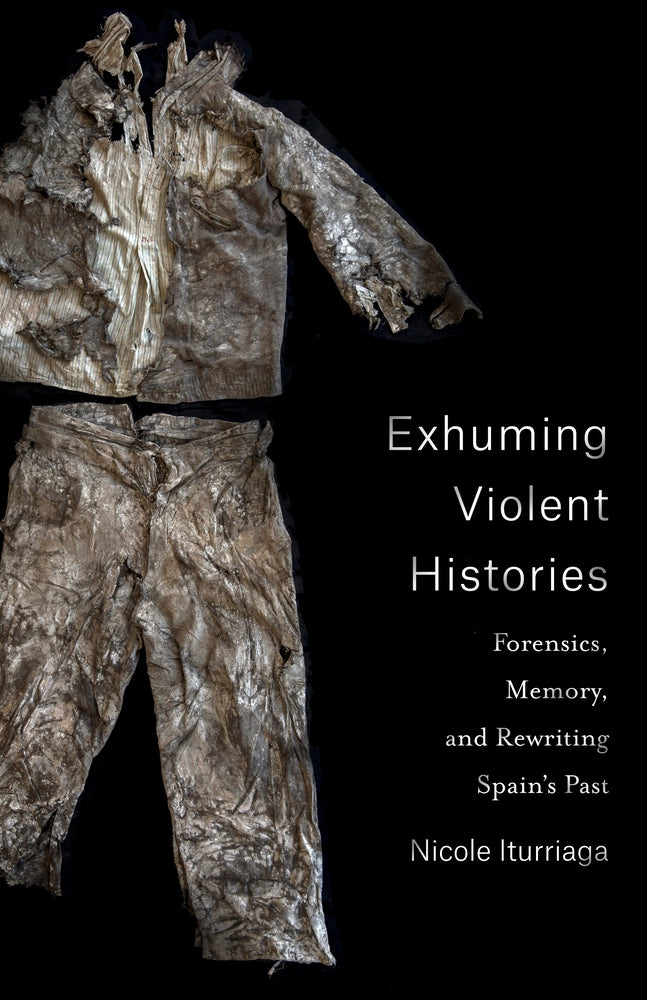
Exhuming Violent Histories: Forensics, Memory, and Rewriting Spain's Past
As a Bookshop affiliate, we earn from qualifying purchases.
Forensic Science, Human Rights, and the Struggle for Memory in Post-Franco Spain
Decades after the fall of Franco’s regime, Spanish human rights activists have turned to powerful new methods to preserve the memory of state-sponsored violence. Through the excavation of mass graves, the exhumation of remains, and the application of forensic analysis and DNA testing, they aim to provide undeniable proof of repression and to break the silence surrounding the dictatorship’s atrocities that lingered well into Spain's transition to democracy.
In Exhuming Violent Histories, Nicole Iturriaga presents an ethnographic study of how Spanish activists use forensic science to challenge dominant historical narratives, reshape collective memory, and pursue transitional justice. Iturriaga argues that by grounding their efforts in scientific methods, activists enhance their credibility, presenting themselves as objective and impartial agents in public debates over Spain’s past. The perceived legitimacy of forensic techniques allows them to contest the state's historical accounts and propose new, evidence-based narratives in the quest for justice.
Drawing on interviews with forensics experts and technicians, and featuring a detailed case study of Spain’s leading forensic human rights organization, the Association for the Recovery of Historical Memory, this book explores how the tools of forensic science are employed to create lasting change. Iturriaga also reflects on how these approaches can be applied to human rights movements and transitional justice efforts in other regions.
An ethnographically rich account, Exhuming Violent Histories offers fresh insights into the intersection of science, human rights, and collective memory, shedding light on the power of forensic methods in the pursuit of justice.
